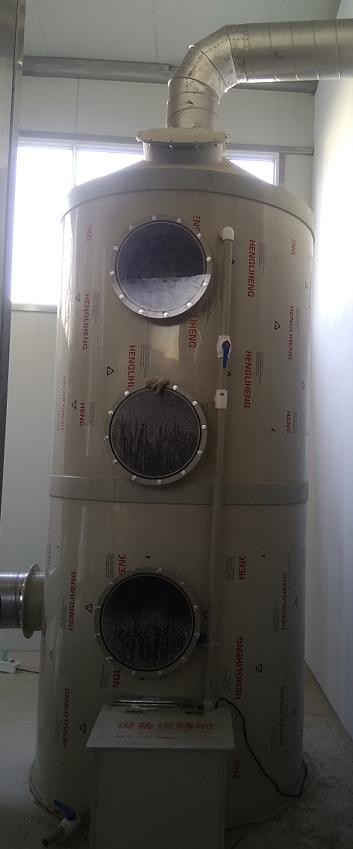insulation resistance tester factory
The Importance of Insulation Resistance Testing A Look at Factory Practices
Insulation resistance testing is a fundamental practice in the electrical industry, ensuring that electrical equipment operates safely, efficiently, and reliably. As factories and manufacturing facilities rely heavily on electrical systems, the role of insulation resistance testers becomes increasingly critical. This article explores the significance of these devices, the testing process, and how factories can enhance their operations through effective insulation resistance testing.
Understanding Insulation Resistance Testing
Insulation resistance testing involves measuring the resistance of the insulation surrounding electrical conductors to prevent leakage currents and electrical failures. A high insulation resistance value indicates that the insulation material is in good condition, effectively preventing short circuits and ensuring equipment safety. Conversely, low resistance values signify potential insulation breakdown, which could lead to accidents, equipment damage, or operational downtime.
The Role of Insulation Resistance Testers
Insulation resistance testers are specialized devices designed to perform these crucial tests. They apply a voltage—typically ranging from 250V to 1000V—across the insulation of the electrical equipment being tested. The tester then measures the resulting current leakages, calculating the resistance value. These instruments often feature digital displays and automatic functions to improve accuracy and user experience.
Factories have a wide range of electrical equipment, from motors and transformers to control panels and wiring systems. Regular insulation resistance testing is vital for identifying issues early, before they escalate into more significant problems. By including insulation testing as part of the maintenance schedule, factories can extend equipment life, enhance performance, and comply with safety regulations.
Benefits of Regular Testing in Factories
1. Enhanced Safety Our most critical responsibility is ensuring the safety of employees. Regular insulation resistance testing minimizes the risk of electric shocks, fires, and explosions, contributing to a safer workplace.
2. Increased Reliability Preventive testing allows factories to detect and rectify insulation problems before they affect production. This proactive approach reduces the likelihood of unexpected shutdowns and production delays caused by equipment failures.
insulation resistance tester factory

3. Cost-efficiency While the upfront investment in insulation resistance testers may seem substantial, the long-term savings are significant. By identifying insulation issues early on and addressing them promptly, factories can avoid costly repairs and production halts.
4. Regulatory Compliance Many industries are governed by strict safety regulations. Regular insulation resistance testing helps ensure compliance with these standards, thus preventing potential legal repercussions and fines.
5. Sustainability By maintaining efficient electrical systems, factories can reduce energy consumption, contributing to sustainability initiatives. Improved insulation leads to lower energy losses, which is beneficial for both the environment and the factory's bottom line.
Best Practices for Insulation Resistance Testing in Factories
To maximize the benefits of insulation resistance testing, factories should adopt several best practices
- Establish a Testing Schedule Frequency of testing should be determined based on equipment usage, conditions, and manufacturer recommendations. In general, testing every 12 months is prudent, but more frequent testing may be necessary in harsher environments.
- Training Personnel Ensure that staff responsible for insulation resistance testing are well-trained. They should understand how to operate the testers, interpret results, and remediate any issues that arise.
- Document Results Keeping clear records of insulation resistance test results provides valuable insights into equipment health over time. This documentation helps track trends and identify recurring problems.
- Regular Maintenance In conjunction with testing, routine maintenance of electrical equipment ensures longevity and optimal performance. Maintenance tasks should address both preventive and corrective measures.
In conclusion, insulation resistance testing is a vital process that ensures the safety, reliability, and efficiency of electrical systems in factories. By implementing regular testing schedules, training personnel, and adhering to best practices, factories can enhance their operational effectiveness while safeguarding their workforce and assets. The investment in insulation resistance testers is not merely a compliance issue; it is a strategic decision that can yield significant operational advantages.
-
Why the Conductor Resistance Constant Temperature Measurement Machine Redefines Precision
NewsJun.20,2025
-
Reliable Testing Starts Here: Why the High Insulation Resistance Measuring Instrument Is a Must-Have
NewsJun.20,2025
-
Flexible Cable Flexing Test Equipment: The Precision Standard for Cable Durability and Performance Testing
NewsJun.20,2025
-
Digital Measurement Projector: Precision Visualization for Modern Manufacturing
NewsJun.20,2025
-
Computer Control Electronic Tensile Tester: Precision and Power for the Modern Metal Industry
NewsJun.20,2025
-
Cable Spark Tester: Your Ultimate Insulation Assurance for Wire and Cable Testing
NewsJun.20,2025
 Copyright © 2025 Hebei Fangyuan Instrument & Equipment Co.,Ltd. All Rights Reserved. Sitemap | Privacy Policy
Copyright © 2025 Hebei Fangyuan Instrument & Equipment Co.,Ltd. All Rights Reserved. Sitemap | Privacy Policy
